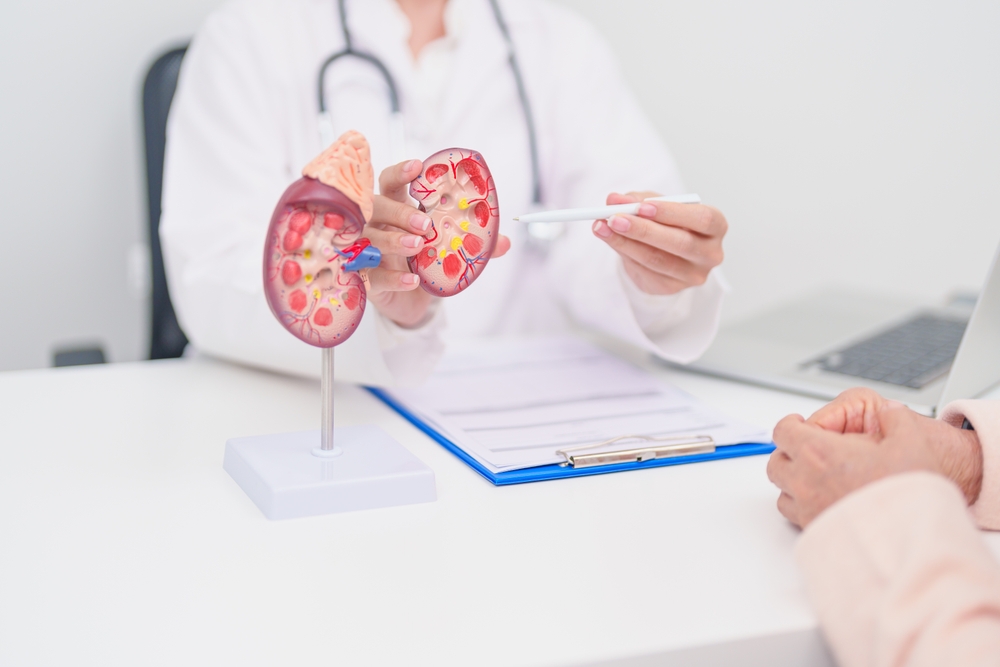Cancer care has evolved significantly over the past few decades, with specialized treatment centers offering more targeted, compassionate, and effective therapies. In San Antonio, TX, one area that has seen remarkable advancements is the treatment of urologic cancers. These include cancers of the kidney, bladder, prostate, and testicles. Patients now have access to specialized care
READ MORE Rohit Kapoor, MD
Rohit Kapoor, MD



